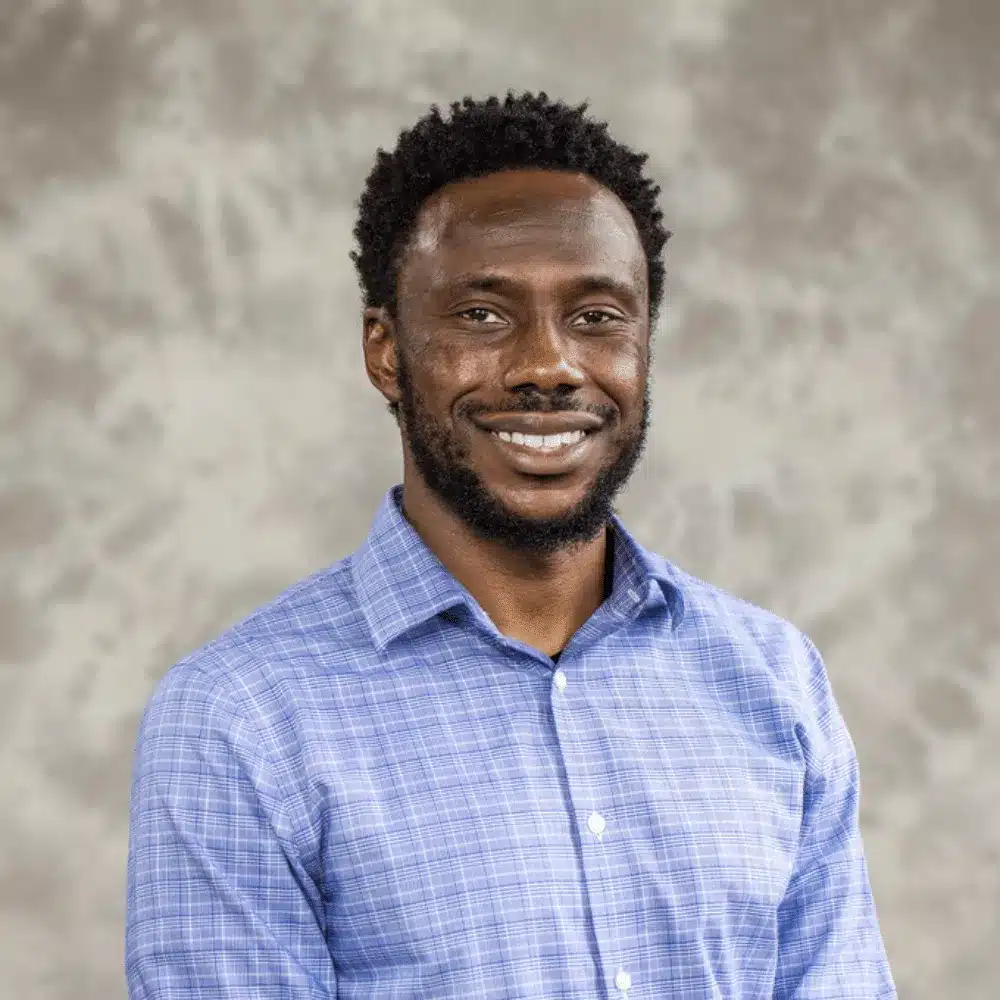Intersectional Grief: Adoption, Race, and Finding Healing
Intersectional Grief: Adoption, Race, and Finding Healing
Written by Tony Hines, Training Specialist at The Center for Adoption Support and Education

I am the Black adoptee of White adoptive parents. When my adoptive mother died of cancer when I was 12, I was sent to a therapist. I remember sitting in her chair week after week, not able to connect. Race was not talked about. Nor was adoption. Or how I felt about losing my adoptive mother after being separated from my birth mother.
Intersectional was a word I did not understand at the time, and yet the meaning of that word (the intertwining of my experiences) already held an incredible amount of weight in my life. Perhaps that is why I was uncomfortable talking about my struggles with my therapist and with my adoptive family.
The complicated relationships I had with my birth family made it hard to talk about my struggles with depression during this time with them as well. I knew that no one in my environment understood exactly what I was going through, which made me feel isolated. I handled things the way men, and Black men, are frequently conditioned to handle depressing circumstances—alone.
I wish I had a professional to speak to at that time in my life who could have told me that it was alright to feel sad about being adopted and that it was alright to feel angry about losing my adoptive mother. Adoptees hold the grief of being separated from their birth families. Black people hold the generational grief tied to racism both past and present. I was holding, and still hold, both of those forms of grief. However, in adulthood, I know that I am not alone in bearing the weight of those collective forms of grief and that there are others I can talk to about my experience.
Therapists who understand how these intersectional themes have impacted my life have been helpful, as have peer relationships with other Black male interracial adoptees. As Black people and Black men, sometimes we have been taught to be “strong” in the face of adversity. Our grandparents and great-grandparents are shown in our history books with faces of steel as White faces shout at them. Survival, and racial progress, relied on that type of strength from our parents. What was important for me to learn, was that being strong as a Black man also meant processing how I was feeling about my mental health. In doing so, I would be better equipped to find belonging in my life and to help other Black adoptees from families like mine.
